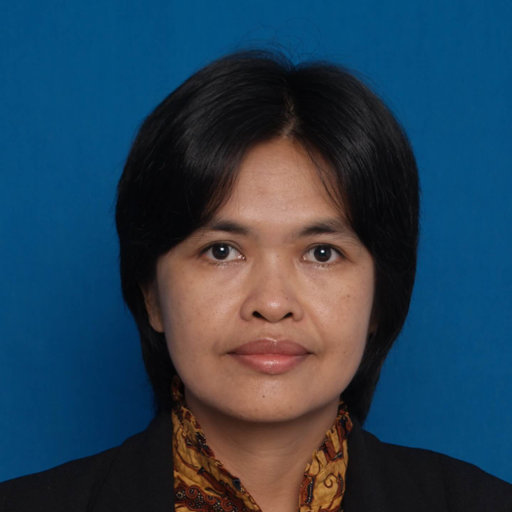UNAIR NEWS – Eid exodus (mudik) is an annual tradition during the Holy Month of Ramadan where people returns to their hometowns. Unlike the previous years, for the last two years there was a ban on Eid exodus from the government because Indonesia is not yet free from the Covid-19 pandemic.
Dr. Ni Made Sukartini, SE., M.Si., MIDEC. a lecturer at Faculty of Economics and Business (FEB) Universitas Airlangga (UNAIR) explained there are two essences of Eid and exodus. First, as a celebration of holidays and moments for social interaction with family. Second, the implications for economic activity, especially in rural areas, are very high.
The lecturer of Public Economics explained that homecoming tradition as a celebration of Eid has bigger implications in an economic context. This is related to economic activity in shopping for family gatherings. “Of course, these activities will bring considerable economic leverage to the overall economic activity,” she explained.
According to Made, although there is a ban from the government for going home, this does not reduce the economic value of the exodus tradition.
“I don’t think so (reducing economic value, ed). If things that we previously did offline can now be done online, then economic activity can also be done. We can still shop where we are now, and send it to our relatives in the village,” she explained.

Made emphasized that economic activity has now shifted from offline to online. People still have many options for shopping online. For example, buying Eid clothes through MSMEs that are already involved in online sales, and also buying food or Eid cakes online and sending them to relatives.
Agricultural products and MSMEs in the village, continued Made, can also be promoted online. The existing production surplus in the village can be promoted by village youths so that families who do not return to their hometowns can still enjoy village specialties.
“This way, economic activities both in cities and in villages can still run, although not as much and as quickly as under normal conditions,” she added.
At the end, the lecturer who also teaches the Mathematic Economics course appealed to the public to postpone their exodus plans this year to avoid the potential for a further downturn and stop the spread of Covid-19. (*)
Author: Wiji Astutik
Editor: Binti Q. Masruroh





